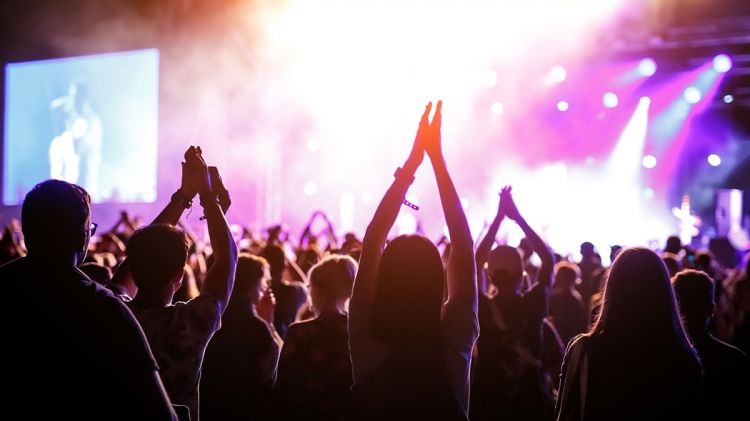Causes of hearing loss
Centers for Disease Control and Prevention (CDC)
Noise is a significant source of hearing loss, but you can protect your hearing. An important first step is to understand how noise causes hearing loss.
Causes
Everyday sounds typically do not damage your hearing. Repeated exposure to loud sounds can lead to hearing loss. Loud sounds (noise) can lead to noise-induced hearing loss.
Noise-induced hearing loss can be caused by:
• A single loud sound (like firecrackers) near the ear.
• Repeated exposures to loud sounds, over time.
The louder the sound, the shorter the amount of time it takes for hearing loss to occur. The longer the exposure, the greater the risk for hearing loss.
Some examples of noisy exposures include:
• Watching summer fireworks on the 4th of July.
• Mowing the lawn.
• Using power tools.
• Watching a sports game and cheering on your favorite team.
• Attending a concert.
Risk factors
There are other factors that can increase your risk for noise-induced hearing loss. These include:
• Family history of hearing loss not associated with noise exposure.
• Long-standing (chronic) conditions, such as diabetes and high blood pressure.
• Injuries to the ear.
• Exposure to organic liquid chemicals, such as toluene.
• Taking certain medications.
Be sure to have your hearing examined during regular check-ups if you are at risk for noise-induced hearing loss.
